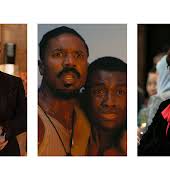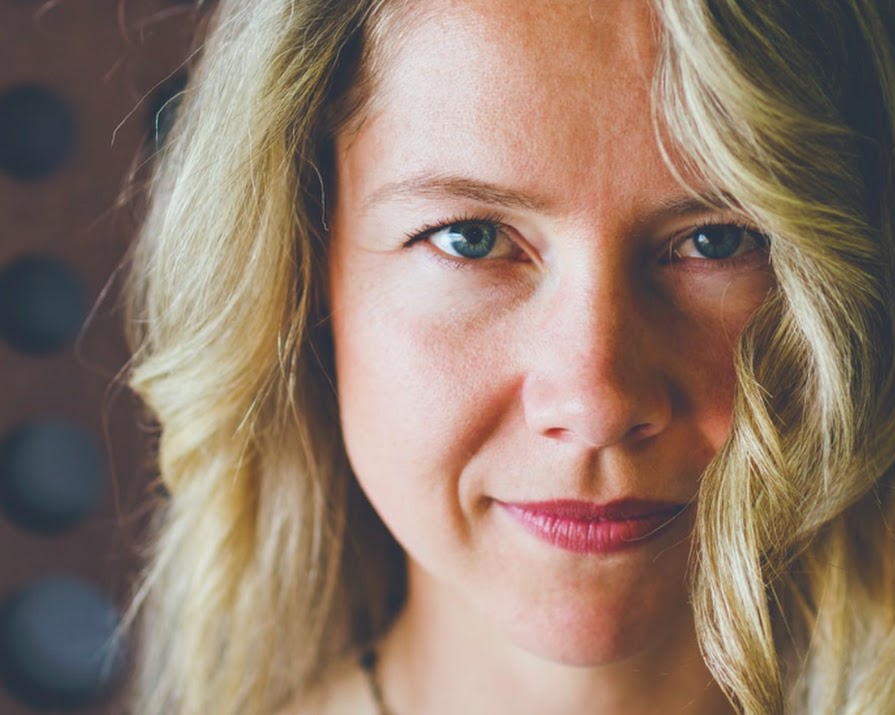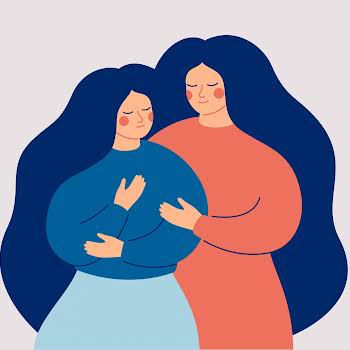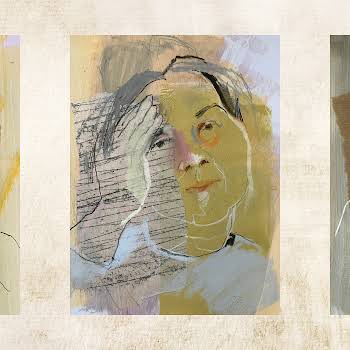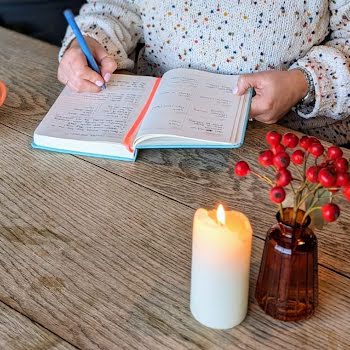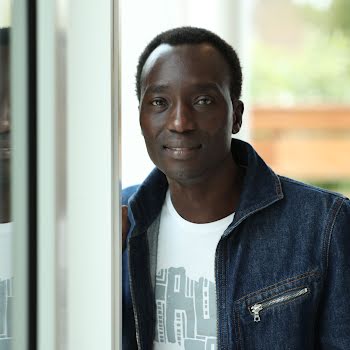
Keep losing your keys, always miss deadlines and have trouble focusing on conversations? The subtle challenges that come with undiagnosed adult ADHD can wreak havoc in your life – personally and professionally. Amanda Cassidy finds out more.
“It was a revelation when I was told I had it. It explained so much. It is the reason I have trouble focusing; why my mind wanders off into extravagant daydreams; why simple tasks such as making my bed assume the same enormity as filing my tax return.”
Two years ago, James Middleton, brother of the Duchess of Cambridge was diagnosed with ADD – an adult variant of ADHD (Attention Deficit Hyperactivity Disorder). He decided to share his experience with the Mail Online this weekend. The 31-year-old spoke out about some of the associated behaviours with his condition and how he has finally learnt to embrace his quirks.
“ADD explains other things, too: why I’m restless, energetic and impulsive; why I start tasks but can’t complete them; why sometimes I seem impatient and don’t listen because my mind is galloping off on some flight of fancy. However, I also see my ADD as a gift: it accounts for my creativity and emotional intensity. It means I come up with fantastic, original ideas — but it also explains why I have had difficulties with the minutiae of running a business.”
What is ADHD?
ADHD is a developmental disorder that can present itself through restlessness, an inability to focus, mood swings, impulsiveness and impatience among other symptoms. The hyperactivity present in some with childhood ADHD tends to decrease while challenges with restlessness and difficulty paying attention may continue.

Elenor Ross is a journalist with Newsweek. She has also written publicly about how her diagnosis impacts her day to day life. “Having adult ADHD can be frustrating because it can feel like you have a lot more to give, if only you could just focus. Social media doesn’t help, nor do the hundreds of ways people can keep in touch: Slack, Facebook, IMs, Whatsapp, texts, calls.
“For ADHD sufferers, it can feel like every moment in life is incomplete or broken. A romantic moment with a partner is destroyed by minor distractions; a film-night with friends is impossible. I’m the one getting up every 10 minutes to mix everyone cocktails, go to the bathroom, or pace around in the kitchen, totally unable to sit still for three hours.”
She says the struggle to refocus her mind can be exhausting. “My impulsiveness has made me buy an (extraordinarily cheap) apartment in a different country online without having visited it first, while disorganisation led to me being fired from a waitressing job. I’d notice a plate on the pass getting cold, remember I should take it to a table, and then immediately get distracted by a colleague pushing by me. The dish would slip my mind, and customers would go hungry. Distractions are like a drug if you’re an ADHD sufferer.
You get a bit of noise, then you notice a bit more, and then another conversation, and finally you’re like the dog at Christmas with both ears alert for news of titbits, treats, walkies, and cuddles — too afraid to put your ears down in case you miss something.
Impulse control
It’s not clear what exactly causes ADHD but it is recognised as a neurobiological condition in which the brain’s neurotransmitter chemicals, noradrenalin, and dopamine do not work properly. Without proper identification and management, it can lead to complications as an adult.
Many adults with ADHD aren’t even aware they have it — they just know that everyday tasks can be a challenge. Adults with ADHD may find it difficult to focus and prioritise, leading to missed deadlines and forgotten meetings or social plans.
The inability to control impulses can range from impatience waiting in line or driving in traffic, to mood swings and outbursts of anger. Of course, we’ve all had elements of these symptoms in our life. But if any of these signs are enough to cause significant disruption more than one area of your life, it might be worth seeking a diagnosis.
Other adult ADHD symptoms include impulsiveness, poor time management, problems focusing on the task at hand, excessive restlessness, poor planning, low frustration tolerance, mood swings, trouble coping with stress.
Fortunately, there are skills you can learn to help control your symptoms of ADHD. You can improve your daily habits, learn to recognise and use your strengths, and develop techniques that help you work more efficiently, maintain organisation, and interact better with others. ADHD is not a learning disorder and those living with the condition are usually highly intelligent and find smart ways to compensate for the areas they struggle with.
In James Middleton’s case, he said he found new ways to channel his unique skills. “Now, of course, I know it was ADD that prevented me from focusing on the smallest tasks: even brushing my teeth and getting dressed seemed insurmountable, pointless exercises. But mechanical and practical work thrilled me. I stripped down and rebuilt old tractors and Land Rovers, remembering, down to the tiniest part, what went where.
“I now view myself as a fire-starter. I have sparks of inspiration, but I need my ideas to be stoked by people who are better at the day-to-day running of a business.”
Find your path
Professor H.A Barkley from Harvard University has written extensively about Attention Deficit Hyperactivity Disorder in Adults. He says even in those who do respond to medication, psychotherapy is often an essential adjunct, helping patients to gain the skills necessary to compensate for the disorder and improve their ability to function at home and work, and in social activities.
Other ways of coping with the challenges that come with this diagnosis include using a timer and maintaining a calendar to help with time management, give yourself more time to do everything and set reminders on your phone. Money management requires budgeting and organisation, so for many adults with ADHD, it can prove difficult. Try to create your own system that is simple and consistent to get on top of your finances.
Those bright ideas that keep popping into your head and distracting you can be dealt with at the end of the working day. Set aside a little time each evening to go through them for an allotted amount of time. Writing as you listen can also help you stay focused on the speaker’s words. In a work environment, you can also try to echo directions – after someone gives verbal instructions, say them aloud to make sure you got it right.
In James’s case, he wishes he had been diagnosed earlier. That way, he believes he could have learnt coping skills a little sooner;
“I didn’t know my brain worked differently — and neither did my parents — I couldn’t find a way of steering round my ADD. If diagnosis and help had happened sooner, I’d have found life so much easier.”

James is now working on overcoming his struggles with anxiety and depression – his motivation for sharing his experience is to help others. “I feel compelled to talk about it openly because this is precisely what my brother-in-law Prince William, my sister Catherine and Prince Harry are advocating through their mental health charity Heads Together.”
Bit by bit, and after seeking professional help, James says he is moving forward with his life with a new understanding of self. “I’ve started to embrace my ADD, to understand that my impulsiveness, energy and capacity to be distracted were allied to a creative and individual mind.
“Today — hard as it is to admit this — I am pleased I went through debilitating depression because I now have the skills to fight it. I have a greater knowledge of my strengths and weaknesses and am a more confident person than I was before. The end result of this journey has been a positive one.”
You can find more information and support on ADHD here.









